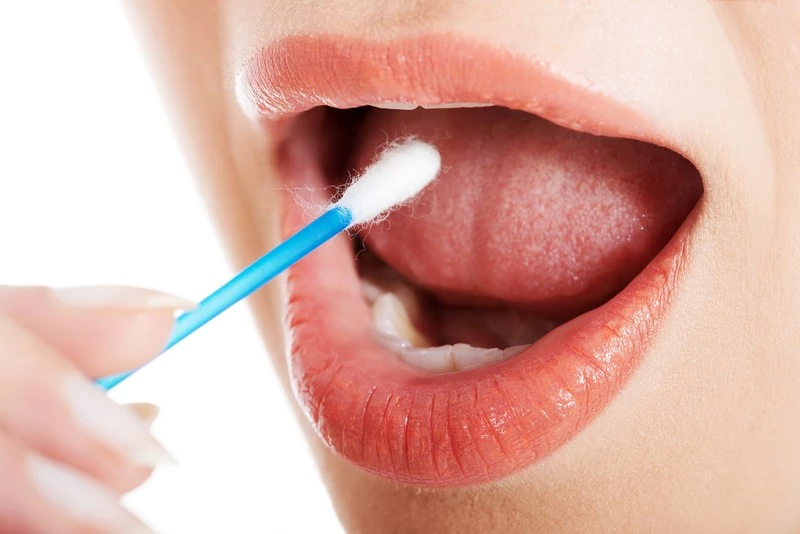Dentists Can Help in Early Detection of Autism
Autism is a complex neurodevelopmental disorder, characterized by social impairments, limited interests and repeated behavior. Its prevalence has dramatically increased to 1.4% in USA according to the Diagnostic and Statistical Manual of Mental Disorders (DSM). There is continuous effort for early diagnosis of autism based on analysis of qualitative and laboratory-based data. It is now evident that genetic and environmental factors have important role in the incidence of autism.
Microbial balance in the gut and the oral cavity was found to have a direct link with the central nervous system as interpreted from patients with anxiety, depression or other brain modulating cognition or mental disorders; and this link could be mediated through metabolism. Oral bacteria undergo dynamic activities which influence brain functions; this has been evident for patients with Parkinson’s and Alzheimer’s diseases as well as individuals who develop migraine. They have characteristic behaviors such as their unique colonization patterns in soft and hard tissues and the continuous alteration of the biofilm structure and composition.

Saliva specimen can be collected more easily than stool or intestinal mucosa and thus there is rigorous research work going on adopting saliva test as a primary diagnostic method. In addition, the composition of bacterial biofilm present in the dental plaque can give demanding diagnostic information on many diseases. Testing of these samples is done by rRNA gene sequencing which is a gold standard for epidemiological and systemic studies related to autism disorders.
Laboratory testing results showed altered composition and taxonomy of oral microbiota of autistic children compared to healthy ones; and this finding suggest strong correlation between oral microbial environment and autism. Proteobacteria, actinobacteria and bacteroidetes collected from saliva and dental plaque were the most altered species in autistic children. In addition, autistic children were found to have vitamin deficiency, hindered saccharide metabolism and inadequate carbohydrate digestion.
The most prominent oral microbe collected from these saliva samples was Streptococcus which is reported to produce neurotoxins that can penetrate the blood-brain barrier and reach the bloodstream; this finding was previously reported for patients with Alzheimer’s disease. They can affect both olfactory and trigeminal nerves as well as other nerve plexuses and blood vessels present in the orofacial region. Autism diagnosis needs strong clinical biomarkers with high accuracy and reliable sensitivity and specificity. The diagnostic results obtained from saliva testing had comparable accuracy to gut samples and can now serve as a clinical index to assess the severity of the disease.
It is worth mentioning that autistic children usually present with poor oral hygiene as a result of inadequate tooth brushing caused by their impaired manual dexterity, and this oral health status can serve as an indicator to evaluate the risk or severity of autism.

